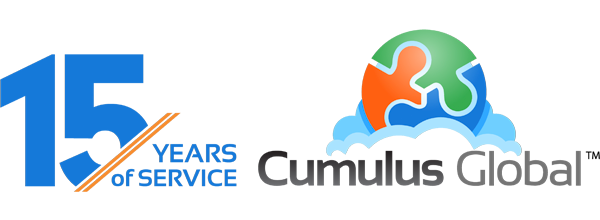Microsoft: Pay More for the Same Old CALs
Back in July, we blogged about how Microsoft’s new server pricing model, combined with the end of the Small Business Server package, would result in significant cost increases for many small businesses (see SBS End of Life: Microsoft Punishes Small Businesses).
Starting December 1, 2012, Microsoft is increasing the pricing for User CALs (client access licenses) across most of its product lines. The higher CAL pricing does NOT include any new or additional functionality — just a higher price.
As most readers are aware, Microsoft offers two types of client access licenses. Device CALs allow unlimited users to connect from a single physical device. User CALs allow a single user to access servers and services from an unlimited number of devices. According to Mary Jo Foley at ZDNet, “Microsoft has positioned User CALs as being the optimal choice if company employees need to have roaming access to the corporate network using multiple devices …”. As such, most companies purchase User CALs.
Without adding any new features or capabilities, Microsoft is increasing the price of User CALs across all of the following products (in alphabetical order):
- Bing Maps Server CAL
- Core CAL Suite
- Enterprise CAL Suite
- Exchange Server Standard and Enterprise CALs
- Lync Server Standard and Enterprise CALs
- Project Server CAL
- SharePoint Server Standard and Enterprise CALs
- System Center 2012 Client Management Suite
- System Center Configuration Manager
- System Center Endpoint Protection
- Visual Studio TFS CAL
- Windows Multipoint Server CAL
- Windows Server CAL
- Windows Server RDS, RMS, Terminal Services CAL
When asked about these changes, Microsoft tells ZDNet, “These CAL changes include a user-based option that offers more value in support across unlimited devices …”
What Microsoft fails to mention, however, is that “These CAL changes” are not real changes at all — user CALs have always supported unlimited devices. The only “change” is the higher price.
For companies with Enterprise Agreements, Software Assurance, or other volume licensing agreements, the higher prices kick in at the end of your licensing term. For everyone else, December 1st marks the day companies will need to pay more for the same old CALs.

